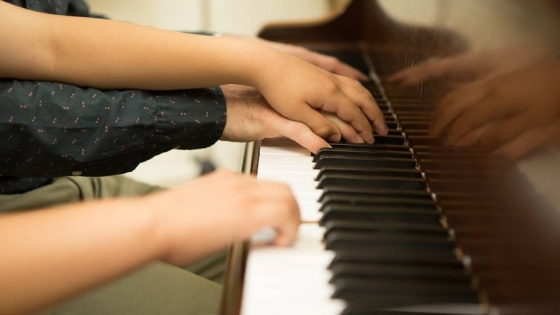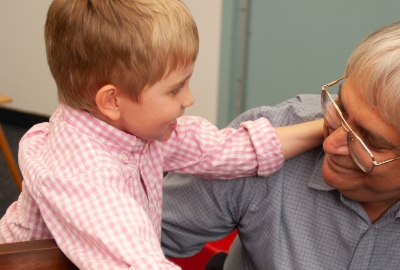
Referrals and Scheduling
If you are interested in our program for yourself or for a family member please call the Center at (212) 998-5151. After sharing some initial information, an intake session will be arranged. This intake will determine the suitability of the program for the potential client as well as whether individual or group therapy would be appropriate. While the Center is open year-round for intakes, therapy sessions are held from September through June. At times, there may be a waiting list for clinical services, with the timing of placement determined by a variety of factors including availability, age, and area of clinical need.
Fees
Fees depend on the length and type of the session as follows:
- 30-minute Group Session: $90
- 45-minute Group Session: $110
- 30-minute Individual Session: $120
- 45-minute Individual Session: $160
Clients or families unable to afford these fees may be eligible for our sliding scale (tax form required). For more information, please contact the Nordoff-Robbins Center at (212) 998-5151.
Our services are open to people of all abilities.
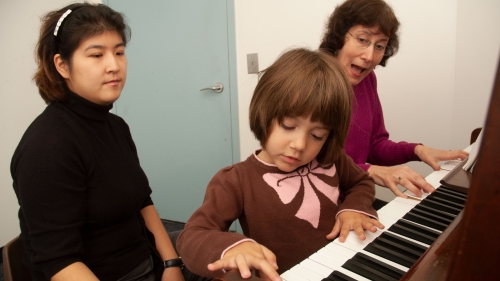
Individual Music Therapy
In individual music therapy vocal and instrumental improvisation stimulates communication between client and therapist. As therapy proceeds, the client increasingly develops his or her capacity for spontaneous expression and interaction through music. With children and adolescents, a team of two therapists work together with one providing the music while the other facilitates the child's participation. One therapist generally conducts therapy with adults. Depending on the needs of the client, issues that can be addressed and worked on include emotion regulation, discovering potential strengths, and developing resilience.
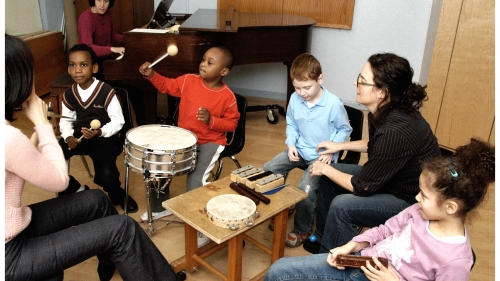
Group Music Therapy
Personal development and social interaction are among the goals of group music therapy. Clients participate in improvised or composed musical activities selected to address specific clinical goals. Therapists design each musical experience to stimulate satisfying involvement and each individual is encouraged to participate to his or her fullest extent. Close teamwork between two therapists stimulates and supports the clients' involvement in order to maximize the developmental benefits for each one. Music making helps each participant to develop a sense of belonging and support with each other.
Early Intervention
Children from infancy through preschool may participate in music therapy. With this age group, our therapists focus on providing pre-musical and musical experiences to stimulate physical, sensory, and cognitive development
Child & Adolescent
Treatment goals include developing communication and social skills, enhancing self-esteem, and facilitating emotional experience and expression.
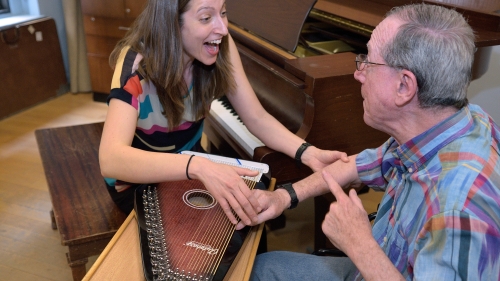
Adults
Our adult program is suitable for individuals seeking music therapy for a variety of reasons. Some adult clients have moved on from our Child and Adolescent Program and new adult clients with similar needs are welcomed. Work is also conducted with those under psychiatric care, people coping with stressful life events, and individuals seeking a creative form in which to address various therapeutic issues.
Outreach & Collaborative Programs
We offer a variety of outreach and collaborative programs, both on site and in the community. Staff music therapists have provided music therapy services to individuals with HIV/AIDS in collaboration with the Gay Men's Health Crisis (GMHC) and to the elderly with dementia at Chelsea Adult Day Health Center.
We have also cooperated with schools and agencies, providing music therapy services to the New York City Department of Education programs for children in special education and with hearing impairments; teens in a transition program designed to help former special education students make a successful transition to the workplace; and individuals with developmental disabilities through the Association for the Help of Retarded Children (AHRC).
Within New York University, the Center has collaborated with Applied Psychology, Communication Sciences and Disorders, Drama Therapy, and the School of Social Work.
The Center has also collaborated with the Rusk Rehabilition Institute at NYU Langone Medical Center in developing and researching a novel music therapy/occupational therapy intervention.

